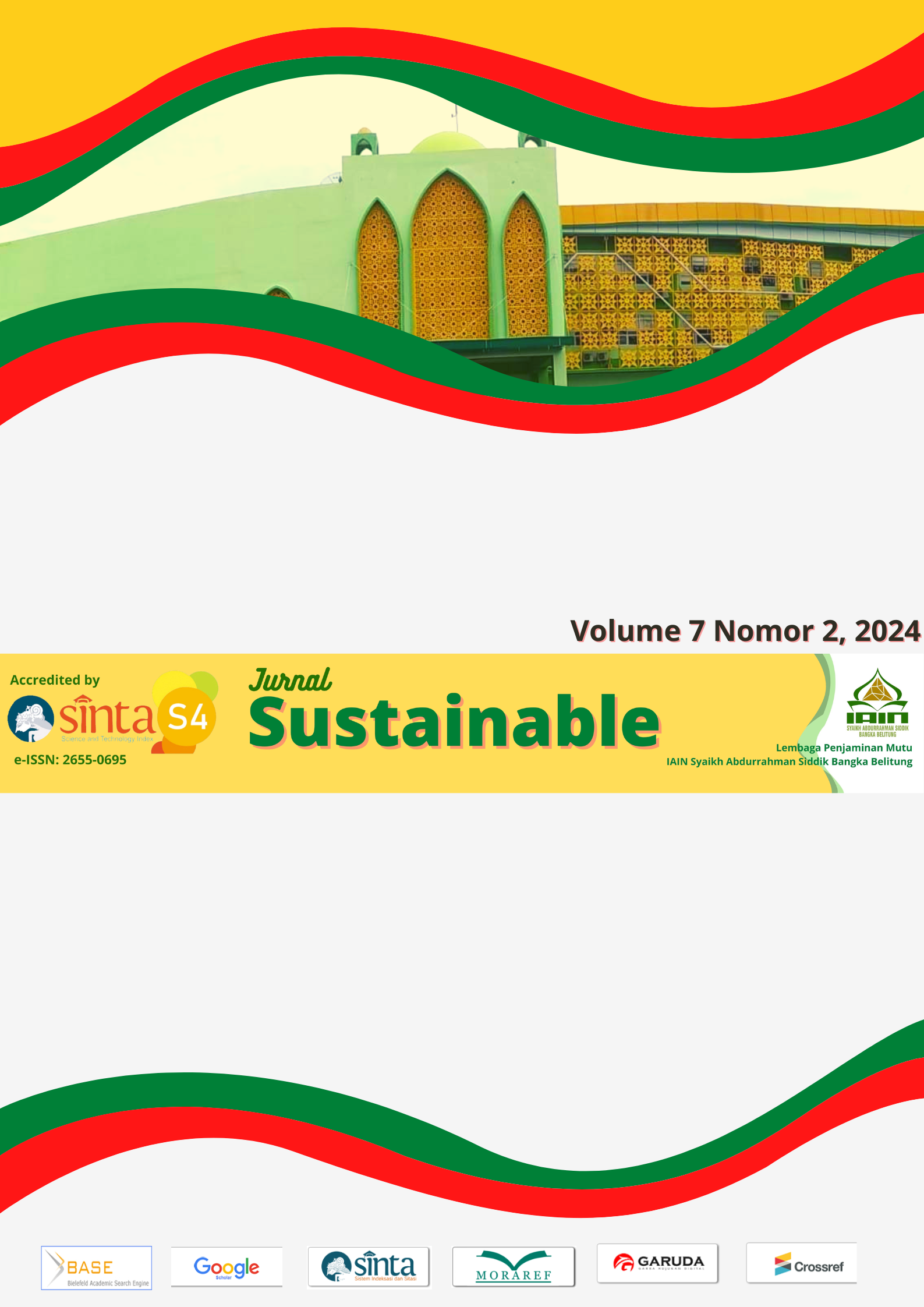Analysis of Character Education Implementation for Generation Z Students at SMA Negeri 2 Labuapi
Abstract
This study aims to determine how character education is implemented for Generation Z students at SMA Negeri 2 Labuapi. In this study, the researcher adopts a descriptive approach in qualitative research, where data is collected through in-depth interviews, observations, and documentation. The results of the study show that the implementation of character education at SMA Negeri 2 Labuapi begins with the school principal organizing a meeting to establish an organization responsible for carrying out tasks related to education and character development. Character education activities start during the School Environment Introduction (PLS), with external speakers such as the National Narcotics Agency (BNN), the police, the prosecutor's office, and the military (TNI). Character education is also applied in the classroom to develop positive attitudes such as cooperation, discipline, and mutual respect. Various activities are also carried out to support character education, such as Duha prayer, congregational Zuhr prayer, religious activities (imtaq), Friday charity, flag ceremonies, scouting, environmental cleanliness, and the 5S culture. In conclusion, the implementation of character education for Generation Z is seen to be effective. The program is integrated into the school’s organizational structure, covering the curriculum, student affairs, public relations, and infrastructure. With a holistic approach, SMA Negeri 2 Labuapi successfully shapes positive character traits in Generation Z students through a well-structured and integrated character education program in their daily school life.
Downloads
Copyright (c) 2024 Haidir Ali Muteringbumi, Khairil Anwar, Suprapto Suprapto, Mukhlis Mukhlis

This work is licensed under a Creative Commons Attribution 4.0 International License.






.png)
